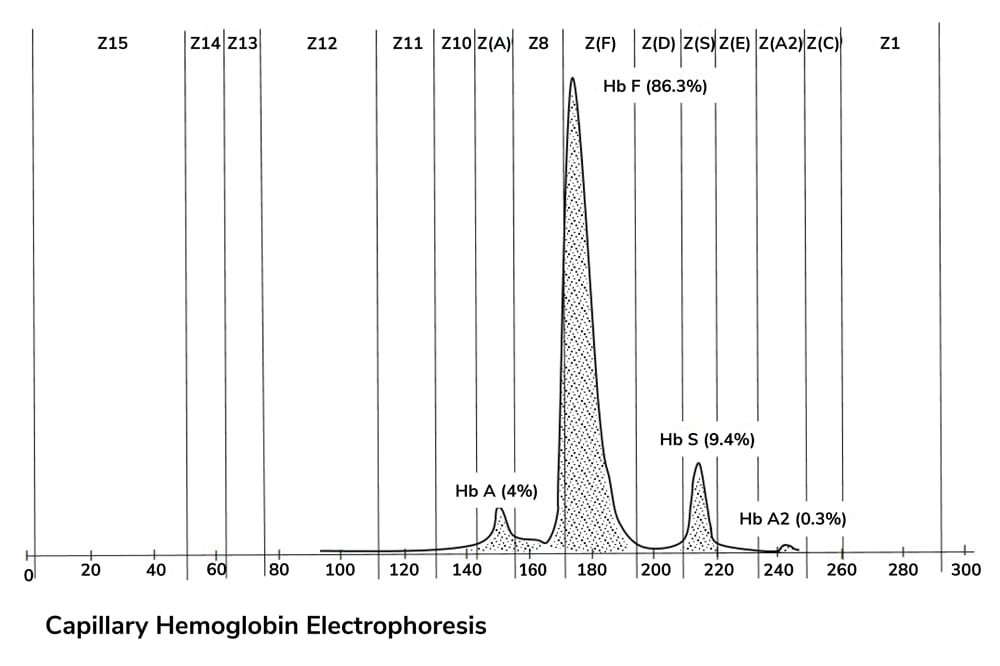The diagnosis of Parkinson’s disease relies on three clinical signs: bradykinesia, tremors, and rigidity – symptoms that show neurological damage has already occurred. Evidently, tests able to diagnose the disease in its early stages so that cognitive impairment can be prevented and disease-modifying therapies can be applied would be game changing. Enter researchers from Lund University, Sweden, who have found a blood biomarker that shows promise in detecting Parkinsonian disorders in the preclinical stages (1).
Blood samples were taken from a cohort of individuals from the Swedish BioFINDER 2 study and 2,943 proteins in the cerebrospinal fluid (CSF) were identified using advanced proteomics. Out of the 428 individuals, 81 patients had Lewy Body disease (LBD) and the remaining were healthy controls. The test aimed to identify biomarkers that would indicate whether an individual with motor disturbances or cognitive impairment had damage to the dopamine system in the brain. Researchers found that individuals who had a dopamine-related disorder exhibited high levels of DOPA decarboxylase (DDC) in their CSF – regardless of the stage of disease. They hypothesize that these increased levels may act as a mechanism for neurons to compensate for diminished dopaminergic input.
The findings were replicated in an additional cohort. “An important discovery is that this biomarker can be measured in blood,” said Oskar Hansson, co-author and professor of neurology at Lund University, in a press release (2). “Since the symptoms of various neurodegenerative brain diseases resemble each other, there is a significant risk of misdiagnosis and improper treatment.” Therefore, finding blood biomarkers that can be measured quickly – such as DDC – and easily is important in the hunt for safer diagnostic tools. They hope that DDC can become a biomarker in the preclinical detection of Parkinsonian disorders and predict future conversion to clinical LBD.
References
- J B Pereira et al., Nat Aging [Online ahead of print] (2023). PMID: 37723208
- Eurekalert (2023). Available at: https://bit.ly/3rvI6Mo




